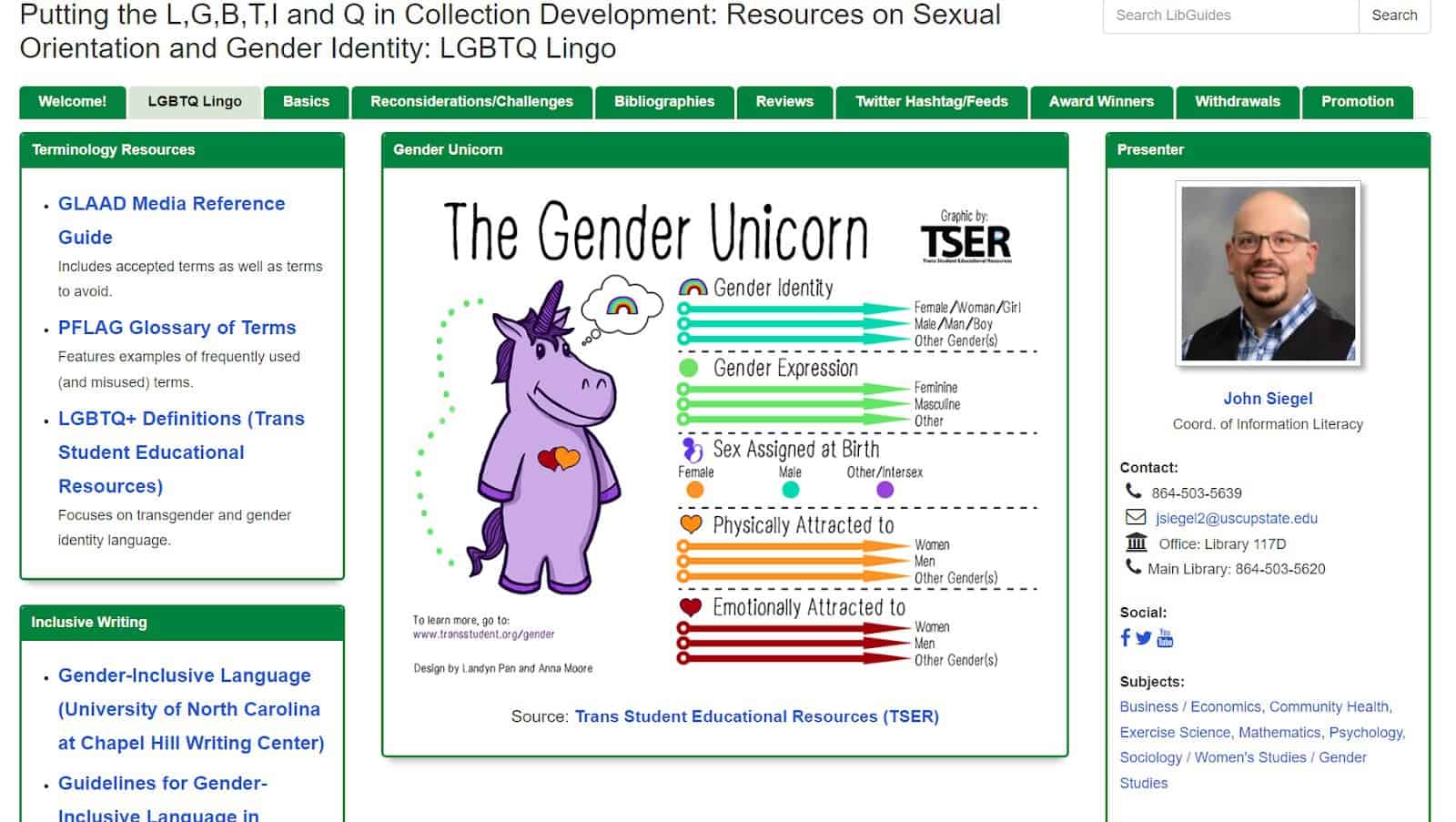


Lawmakers recently cut nearly $4 million from the Idaho Commission for Libraries (ICFL) because it was providing sexually explicit material to K-12 schools. This effort is a meaningful step toward greater accountability in public institutions. However, lawmakers also need to pay closer attention to federal education grants.
A portion of the budget reduction to ICFL was targeted at the commission’s Idaho Digital E-Book Alliance (IDEA), a project allowing K-12 students to independently access digital books through their public school accounts.
The IDEA collection included some obscene and pornographic materials, such as “Gender Queer,” and books promoting transgenderism to children such as “George” and “Julian is a Mermaid.”
The IDEA project was initially funded in 2020 by $179,279 in federal grants from the Library Services and Technology Act and the CARES Act. Both grants were facilitated to states through the Institute of Museum and Library Services (IMLS), a federal agency dedicated to integrating Diversity, Equity, and Inclusion (DEI) into all the agency’s stakeholders and initiatives. The IMLS states that its grants are designed, among other things, to “serve” diverse individuals and “develop and implement equitable and inclusive staff recruitment and retention programs.”
The ICFL received in 2021 a “Welcoming Libraries” grant funded in part through IMLS to increase DEI resources in Idaho public schools and libraries by giving them grants. Up to 70% of each grant could be spent on DEI books for the library’s collection, while the remaining 30% could be used for things like promotional materials or DEI professional development. The ICFL provided DEI resources to participating libraries including tools, guides, websites, articles, and webinars.
The types of resources shared with libraries included “A Guide for Selecting Anti-Bias Children’s Books,” which argues that children need to be read books about “diversity, power relationships among different groups of people, and various social identities (e.g., racial, ethnic, gender, economic class, sexual orientation, and disability).” The guide also argues that “classic or well beloved children's books … often convey values of sexism, racism, ableism, or even colonialism.” It says social justice books should replace classic literature.
Another resource on collection development provided to public schools and libraries by ICFL is “Putting the L,G,B,T, I and Q in Collection Development: Resources on Sexual Orientation and Gender Identity.” The resource features the “gender unicorn,” a purple cartoon image deceptively intended to be endearing to young children while encouraging kids to self-select their gender identity, gender expression, and the gender they are attracted to.
Libraries participating in the grant program are being transformed. For example, the Coeur d’Alene Public Library used the grant to conduct a “diversity audit” of materials and promote DEI by establishing the “Mirrors and Windows Book Club.” The club reads a different Own Voices children’s book each month. According to the library, “Each participant in the book club will receive their own copy of the book to keep.”
Own Voices includes books such as “Call Me Tree” by Maya Christian Gonzalez. It’s significant “for not using any gendered pronouns.” Another example is Leslea Newmans’ “Sparkle Boy,” which is about a little boy who crossdresses in a sparkly skirt.
The Coeur d’Alene high school library used the grant to create the “Vikings for Diversity and Inclusion” book club.
Nampa public library agreed to conduct a diversity and inclusion audit of their collection.
Even libraries in rural areas are changing. The Gooding Public Library conducted a community audit and updated their collections to include more DEI books. The library reported that staff members will take “two classes/webinars on diversity and inclusion.” Emmett Public Library created a “welcome to the library” area to “include a display of diverse and inclusive children’s books.”
In short, federal funding given to state agencies is being used to advance a progressive political agenda in local libraries. The current administration is encouraging institutions to use taxpayer dollars to promote a pernicious ideology to young children. As a first step toward reform, the legislature can reject federal grants to libraries and prevent more strings from being tied to the education system.


